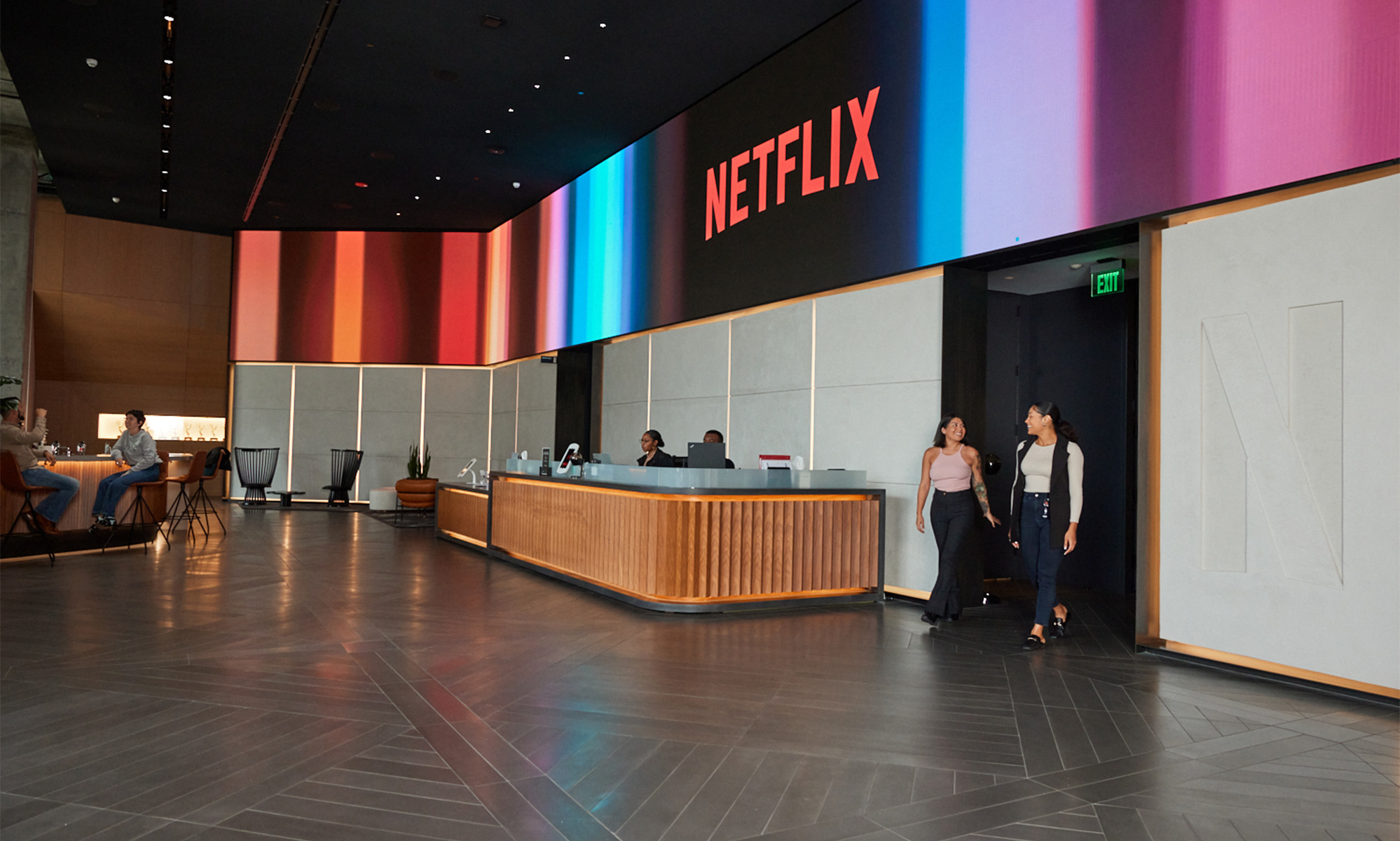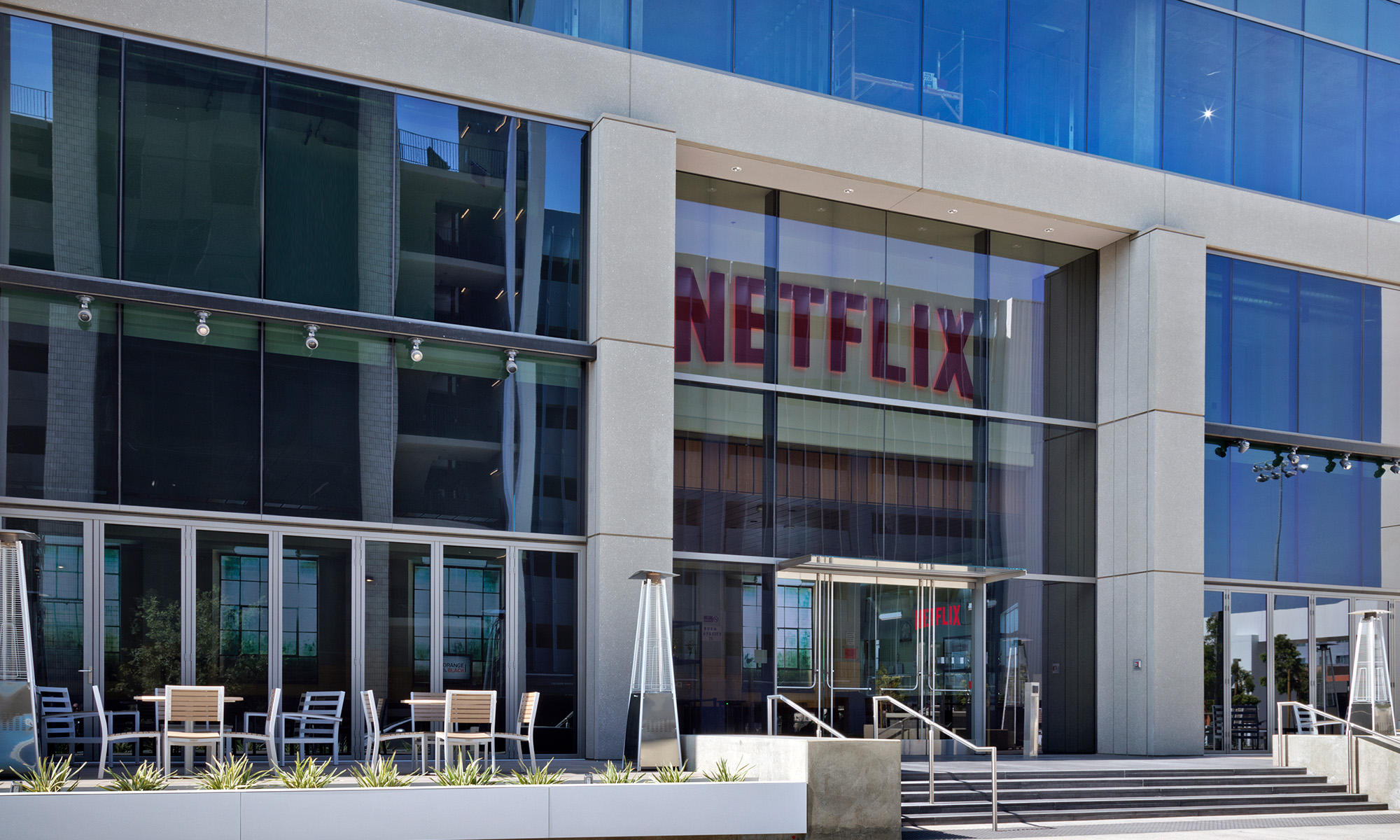When it comes to streaming video, Netflix (NFLX 1.18%) is the bar by which all other providers are measured. The company continues to dominate the industry it pioneered, evolving from DVD-by-mail to become the world's largest streaming video subscription service.
Some investors lost faith in the company's future growth potential, but that proved to be a costly mistake. Despite rising competition and a changing entertainment landscape, Netflix has continued to thrive, driving its stock price up 396% over the past three years and 65% over the past 12 months.
The company faces another key hurdle when Netflix reports its third-quarter results after the market close on Oct. 21. Given the stock's impressive gains over the past year, should investors lay out their hard-earned money now or wait until after this crucial financial report? Let's drill down to see what the evidence suggests.
Can its epic run continue?
For a number of years, Netflix was content to aggressively build out its content library to keep the new subscribers flowing. However, as market penetration and competition increased, the company was forced to augment that strategy.
In addition to the relentless expansion of its viewing choices, Netflix found success with its ad-supported tier, which has become one of the company's biggest growth engines. It also succeeded by cracking down on password sharing by allowing members to pay a nominal fee to add viewers outside their household. This two-pronged strategy, combined with a growing roster of hit shows and movies, has reignited Netflix's growth.
In the second quarter, Netflix generated revenue of $11 billion, an increase of 16%, while diluted earnings per share (EPS) of $7.19 surged 47%. Management credited strong subscriber growth, higher subscription prices, and growing ad revenue for fueling revenue growth, while profits got a boost from the higher revenue and the timing of expenses.
Netflix is predicting its growth will continue. The company is guiding for revenue of $11.52 billion and EPS of $6.87, which would represent year-over-year growth of 17% and 27%, respectively. Wall Street is firmly on board, as analysts' consensus estimates are calling for revenue of $11.52 billion and EPS of $6.94.

NASDAQ: NFLX
Key Data Points
Should you buy Netflix stock now or wait until after earnings?
It's clear there's still growth to be had, but should investors buy Netflix stock now, or wait until after the earnings report?
As I subscribe to the long-term buy-and-hold philosophy, I would submit that a week or two either way generally doesn't make much difference in the grand scheme of things. Furthermore, there's no ironclad way to know for sure what the results will reveal or how investors will respond on any given day. It follows that there's no way to know whether the stock will be up or down following the company's earnings release.
The more important question is whether Netflix stock is a buy now, and Wall Street is certainly bullish. Of the 47 analysts who offered an opinion thus far in October, 31 rate it a buy or strong buy, and none recommend selling.
Management is even more bullish. According to a plan leaked earlier this year, Netflix plans to double its revenue and triple ad sales over the next five years, according to a report in The Wall Street Journal. If the company were to achieve this goal, it would push its market cap to roughly $1 trillion, putting it in rare company. For context, there are currently only 11 stocks with valuations that exceed this benchmark.
There's plenty of evidence to suggest that these goals are achievable. Earlier this year, management revealed that Netflix's "standard with ads" tier surged 135% year over year to 94 million, accounting for 55% of new subscribers in countries where it's available. It also reaches more of the highly sought-after 18- to 34-year-old demographic than any other U.S. broadcast or cable network, which is extremely attractive to advertisers. These highly engaged viewers are watching an average of 41 hours of Netflix programming per month.
Management is particularly excited because its content release schedule is strongly slated toward the back half of the year. The final season of the hit show Stranger Things is on tap, while returning seasons of Squid Game and Wednesday have already shattered viewership records. At the same time, KPop Demon Hunters has become a global phenomenon, with its soundtrack landing at No. 1 on the Billboard 200 album for its second successive week.
Netflix sports a premium valuation, selling for 36 times next year's expected earnings, but given its robust growth and healthy profits, I'd submit that's more than reasonable. Add to that the company's continuing strong slate of programming and increasing leverage in advertising, and Netflix stock is clearly a buy.





